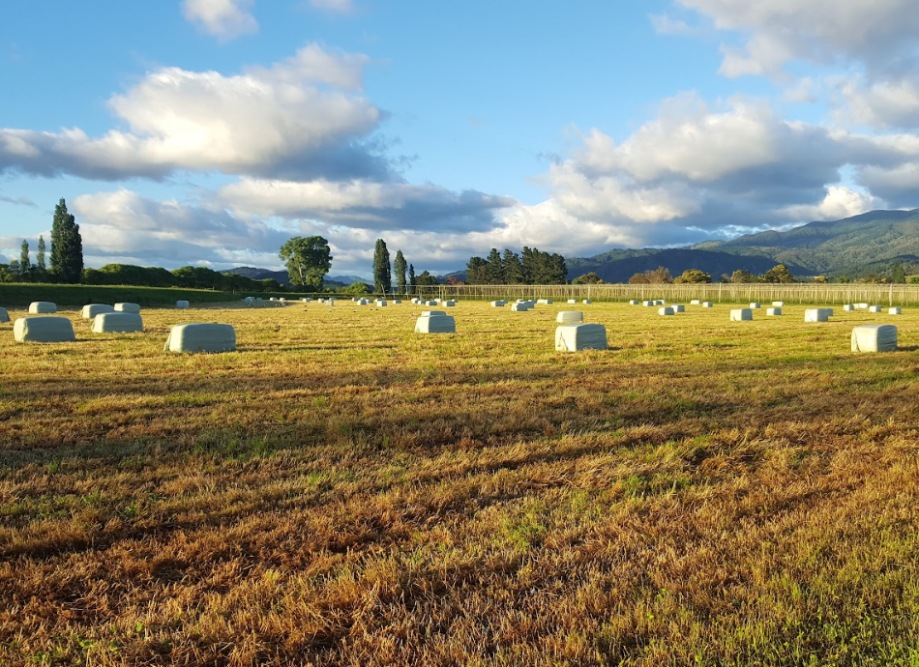Have a management plan
Talk to your healthcare team about putting together an asthma management plan(external link) to work out how to manage your symptoms and what to do if your asthma gets worse.
Know your triggers
A trigger is something that makes your asthma symptoms worse or brings on an attack. If you know what your asthma triggers are, then it’s easier to avoid those things and reduce the chance of your asthma worsening.
Some common triggers are pollen and plants, dust mites, heat, humidity, smoke, fumes, sprays, perfumes, increased physical activity, cigarette smoke and contact with animals.
Allergy New Zealand has a New Zealand Pollen Calendar(external link) to help you manage your asthma and hay fever.

Image credit: Healthify He Puna Waiora NZ
Stay indoors
If the pollen count is high or it’s windy, stay indoors to reduce the risk of aggravating your asthma. Keep windows and doors closed to limit exposure.
Be prepared
Make sure you are taking your asthma medication as prescribed or have it on hand should you need it. Check you have enough medication to see you through the summer period. This is especially important if you’re going away on holiday, as it may not be easy to access asthma medication if you need it suddenly.
Look after your medication
Keep your medication in a cool, dry place that’s easily accessible. Don’t leave it in direct sunlight or in the car, which can get hot in summer.
Use a peak flow meter
Using a peak flow meter helps you better understand your asthma patterns.
Keep cool
If heat triggers your asthma, stay indoors or somewhere cool and drink lots of water so you don’t get dehydrated. Alternatively, plan your activities for first thing in the morning or later in the day when it’s cooler.
Know where the nearest medical facility is
If you’re going away, be aware of where the nearest GP, hospital or after hours medical facility is so you’re prepared should you need to go.






